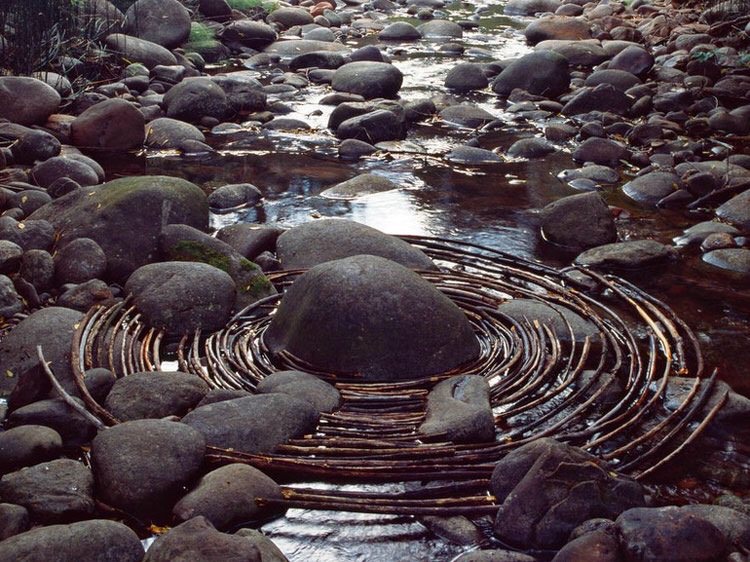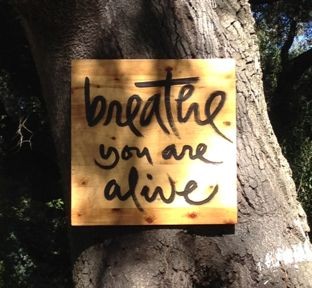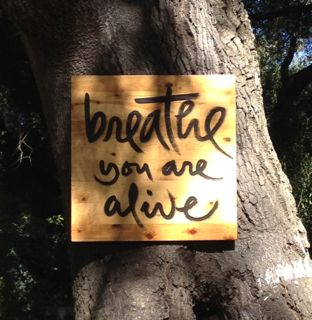 Several months ago, four young friends living in three different countries embarked on a journey together to replant a deforested rainforest in the south of Mexico. The “Forest of Interbeing” project includes the purchasing of 9 hectres of land, roughly 900 acres, in Los Tuxtlas region, in the Mexican state of Veracruz. Formerly home to several varieties of trees, shrubs, and endangered wildlife. Now only 20% of this bio-diverse land remains, deforested for the production of meat through cattle grazing. What we have discovered in the process of creating this project is that replanting forests takes a whole community.
Several months ago, four young friends living in three different countries embarked on a journey together to replant a deforested rainforest in the south of Mexico. The “Forest of Interbeing” project includes the purchasing of 9 hectres of land, roughly 900 acres, in Los Tuxtlas region, in the Mexican state of Veracruz. Formerly home to several varieties of trees, shrubs, and endangered wildlife. Now only 20% of this bio-diverse land remains, deforested for the production of meat through cattle grazing. What we have discovered in the process of creating this project is that replanting forests takes a whole community.
Our teacher, Zen Master Thich Nhat Hanh, talks of the Four Nutriments. The Four elements needed for life. These are Edible Food, Sense Impressions, Volition, and Consciousness. Community is also a kind of food. Community brings together many beings across genders, ethnicity, spiritual beliefs, sexual orientations, race, abilities, socio-economic status, and languages, to find where we meet. At the center of these differences is actually a common need for connection, love, and understanding. (more…)



